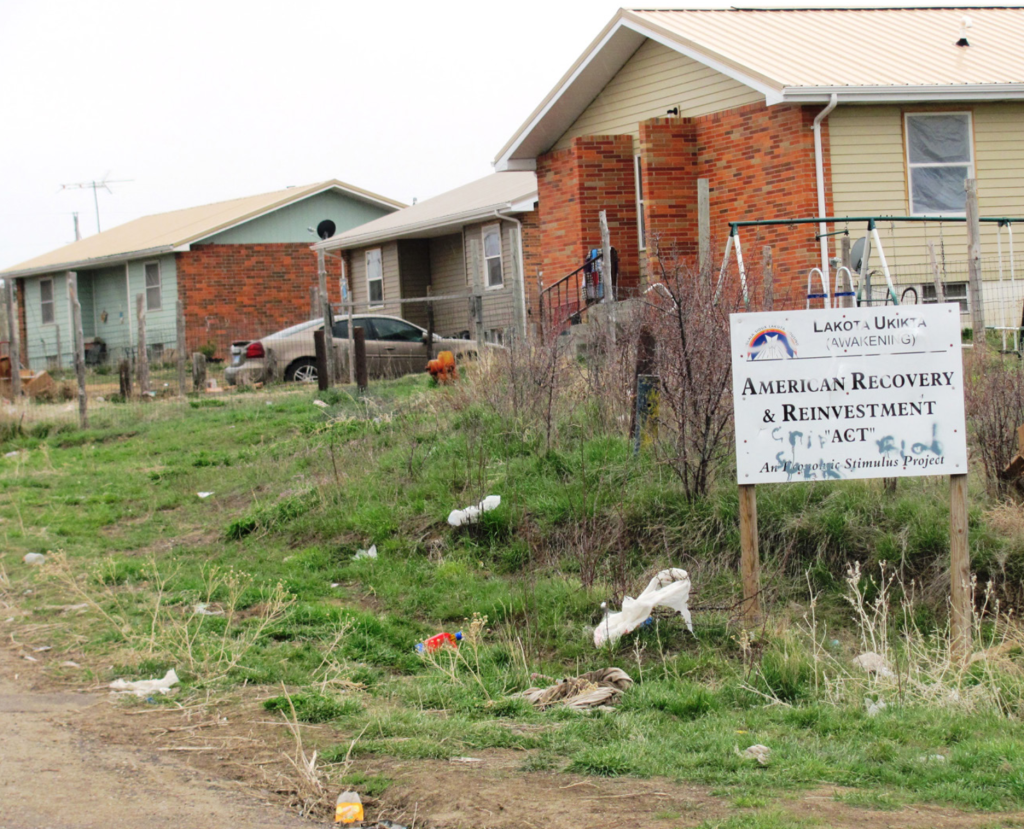Below is Whisper #31 from my latest book, 48 WHISPERS, which is a collection of photographs and personal meditations created across a decade of travel to the Pine Ridge Indian Reservation and the surrounding northern plains.
In an uncertain world filled with chaos, diversity, and strife, isolationism has its advocates. If I retreat, perhaps I can be safe and secure. But in an epoch defined by connectivity, isolation is a false haven. Isolationism doesn’t work when there is no ability to isolate.
It takes fifteen hours for a human to travel from New York to Shanghai while a message can move between those cities in a matter of seconds. Two hundred thousand years ago all humans were relegated to a small geographic territory in Africa. In time our ancestors migrated and then eventually circled the globe, only to meet each other in the Americas in the fifteenth century with the belief they were separate tribes. Today transportation and information technology have combined to make us a single tribe once more.
There was a time when isolation worked. Space created safety. In fact, when Black Elk was a child, he “had never met a white man and did not know what one looked like.”
Today, however, humanity’s biggest challenges are trans-tribal and global in nature. Ours is a time when a virus can span the world in a matter of weeks. Isolationism is now an illusion. Deeper engagement across cultures is what’s required. Only by coming together can we combat threats and maximize opportunities. The poorest country impacts us all. The weakest health-care system is a shared vulnerability.
Castle walls once meant safety. Today they only increase risk by providing an illusionary sense of comfort.
